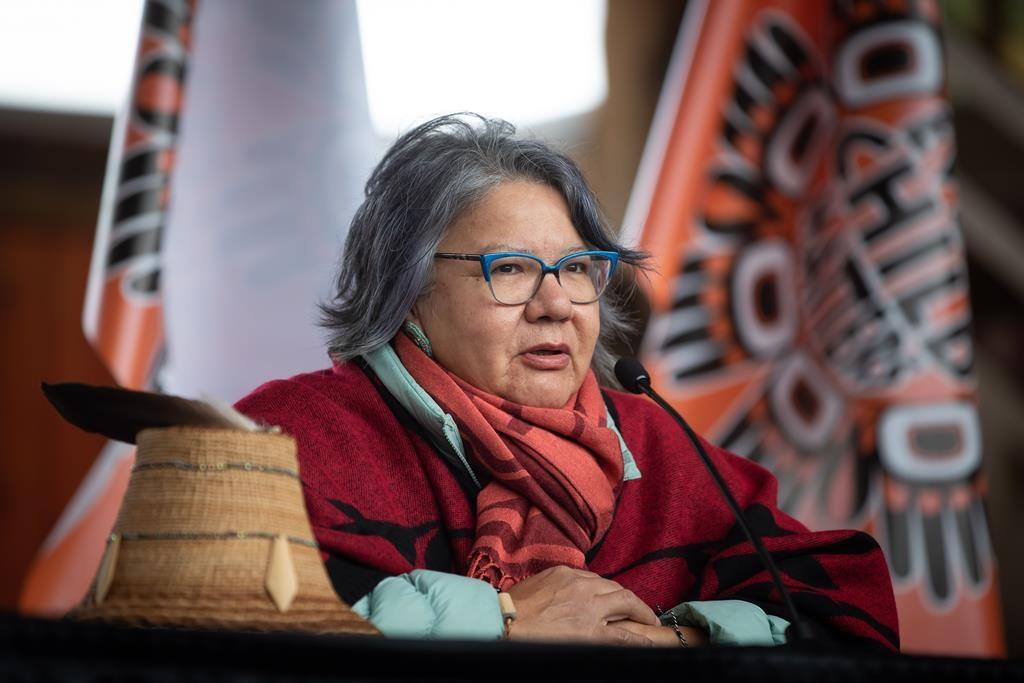Controversy overshadows the Assembly of First Nations’ annual gathering this week as it seeks the continued suspension of its national chief.
The AFN is holding its 43rd Annual General Assembly both virtually and at the Vancouver Convention Centre on July 5–7. The organization’s executive committee has drafted a resolution that asks the chiefs to ratify and continue the suspension of National Chief RoseAnne Archibald.





